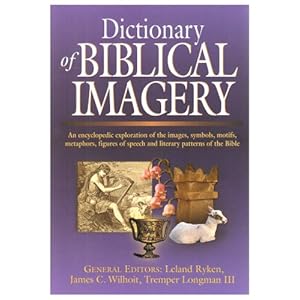When it comes to satellite images of the surface of the earth they are endlessly fascinating and beautiful. Rocky mountains covered in snow, the merging of shade and colour, mostly gray, black, silver and white, a geological kaleidoscope that reflects light and captures shadow. I still remember flying over the alps at about 35,000 feet on our way to Austria, the first time I'd looked down on mountains from that height, and wondering wide-eyed like a child hungry for experience and explanation.
No wonder mountains play such a role in the Biblical images of majesty, power and permanence. In the Bible either God raises mountains, shakes them, throws them into the sea, speaks from them or dwells on them. Around Zion the mountains symbolise the protection of God.
The two images above are not satellite pictures, and are only distantly related to the Alps, mainly by geological affinity, though that too is a guess. They are close-ups of a 13 centimetre across stone I found on the beach yesterday. Heavy, rough, sparkling, slightly oxidised, and in its way a thing of beauty quite beyond the polished varieties of smooth shiny gee gaws! It is neither objet d'art, nor artefact, it has no therapeutic qualities I know of, its history is millions if not billions of years in the making, how it came to be on the Aberdeen beach and why I noticed it and paid attention – sheer serendipity, random coincidence, juxtaposition of unplanned circumstance. Yes, all of these, maybe.
And then I remember that small gem of a book, Gift from the Sea, by Anne Morrow Lindbergh:
"The sea does not reward those who are too anxious, too greedy or too impatient. One should lie open, empty, choiceless as a beach – waiting for a gift from the sea."
And that's all this flat sliver of silver laced stone is, a gift from the sea.
.

